- Category
- World
What Is Keir Starmer’s “Coalition of the Willing,” Intended to Shape the Future of European Defense?
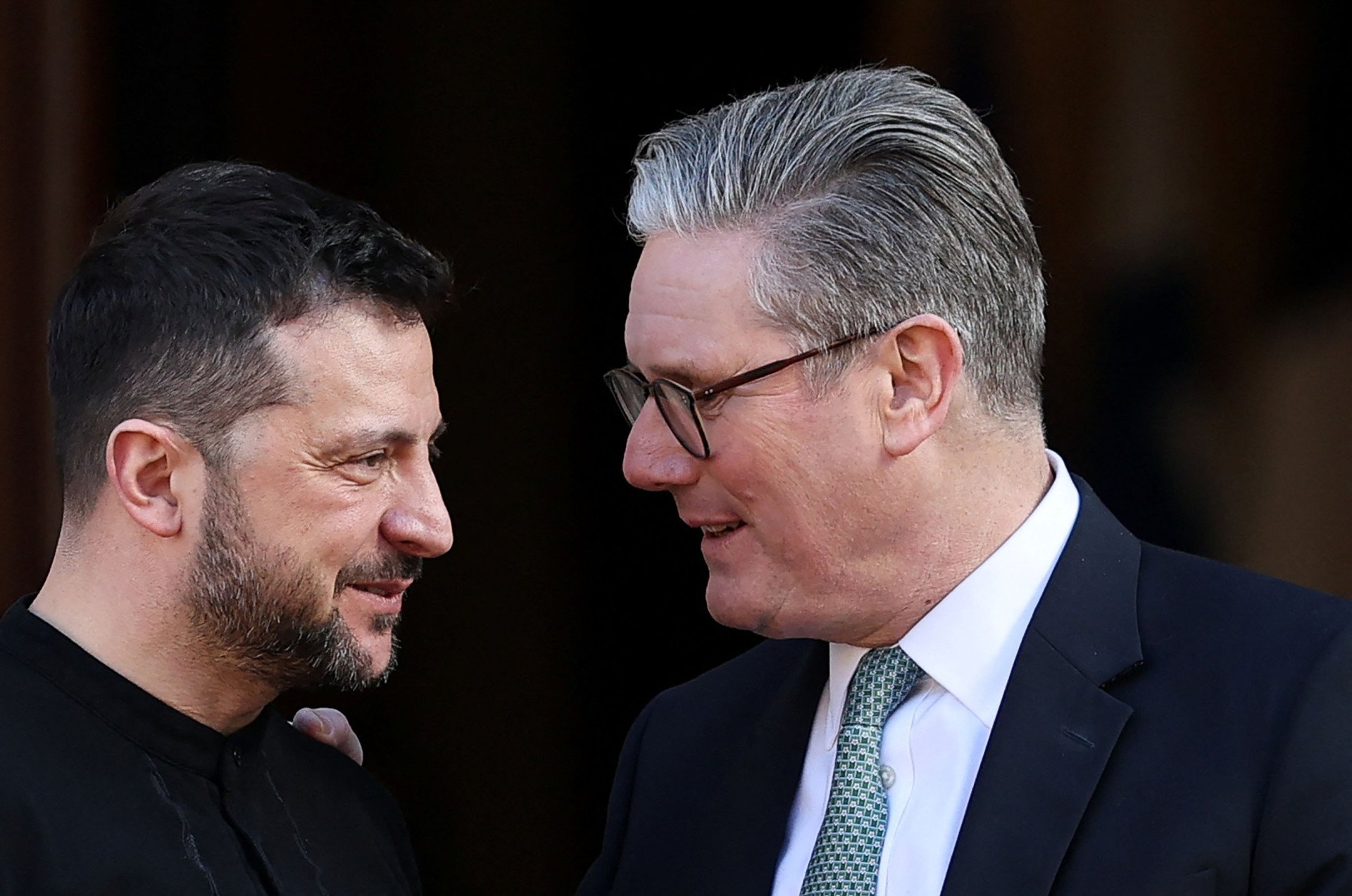
In a bold move to shape the future of Ukraine’s security and European defense strategy, UK Prime Minister Keir Starmer has announced a “Coalition of the Willing,” bringing together key allies to support Ukraine and lay the groundwork for peace. But what exactly is it?
On Sunday, UK Prime Minister Keir Starmer announced the formation of a “Coalition of the Willing,” a group of countries that will support Ukraine and negotiate peace talks. The coalition will be led by the United Kingdom, with expected participation from France, Germany, and Scandinavian countries.
What is a “Coalition of the Willing”?
Coalitions of the Willing are not a new concept. The term dates back to the Gulf War and has since been used to describe groups of nations that collaborate to achieve specific political or military objectives outside of formal international governing bodies like the UN Security Council. These alliances are typically temporary and designed to address urgent global issues without being hindered by bureaucratic delays.
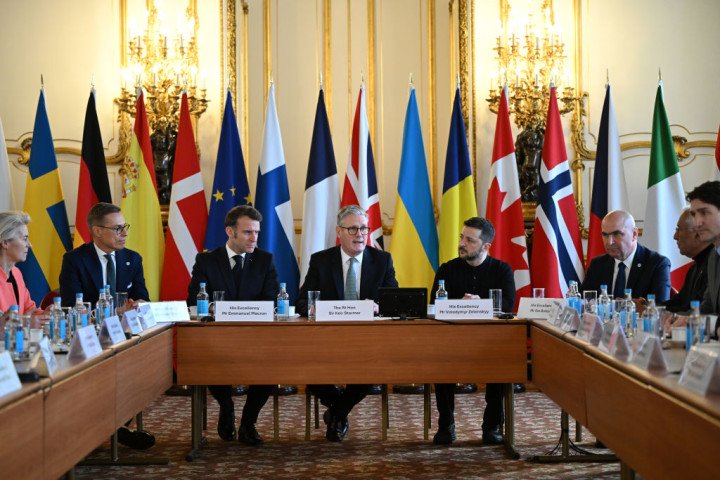
Historical precedents
The phrase “Coalition of the Willing” gained prominence in 1999 when Australia led the International Force for East Timor (INTERFET) to address the security crisis following East Timor’s vote for independence from Indonesia. This intervention aimed to restore stability and prevent violence, demonstrating how such coalitions can act swiftly in crisis situations.
Another notable example was during the 2003 invasion of Iraq when the United States, under President George W. Bush, led a coalition including the United Kingdom, Australia, Poland, and other nations in a military intervention against Saddam Hussein’s regime.
By bypassing the often slow-moving mechanisms of international institutions, Coalitions of the Willing allow nations to respond rapidly to security and humanitarian threats.
What will this coalition do for Ukraine?
European leaders are set to meet again on Thursday in Brussels to further discuss the coalition’s framework and membership. While the United Kingdom is leading the initiative, the extent of involvement from other countries, particularly the United States, remains an open question.
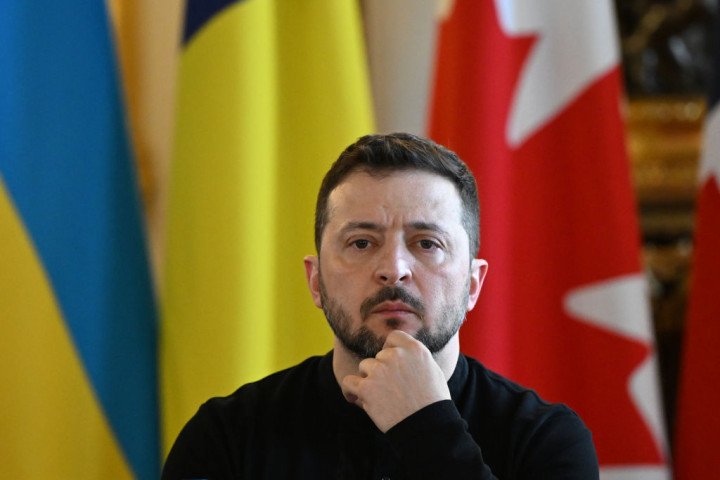
During a press conference on Sunday evening, Prime Minister Starmer outlined the key principles agreed upon by participating European leaders.
European leaders are prepared to collaborate on a comprehensive plan for Ukraine to present to the United States.
Any lasting peace settlement must uphold Ukraine’s sovereignty, with Ukraine being an active participant in negotiations.
The coalition pledges to maintain the flow of military aid to Ukraine.
If a peace deal is reached, Ukraine’s defensive capabilities will be strengthened to deter future aggression.
“In the event of a peace deal, we will keep boosting Ukraine’s own defensive capabilities to deter any future invasion,” Starmer stated.
Military and security implications
The coalition’s first task is to formulate a strategy to end the war while ensuring Ukraine’s long-term security. However, details on whether the UK will take a direct role in implementing security guarantees remain uncertain. Starmer did indicate that he is open to deploying UK forces and aircraft if necessary.
The United Kingdom has already been a key military partner for Ukraine. The recent London Security Summit reaffirmed the UK’s commitment to providing military aid, with a particular focus on bolstering Ukraine’s air defense. The UK has pledged 5,000 multi-role missiles and RapidRanger air defense systems, reinforcing its role as a leading supplier of military assistance to Kyiv.
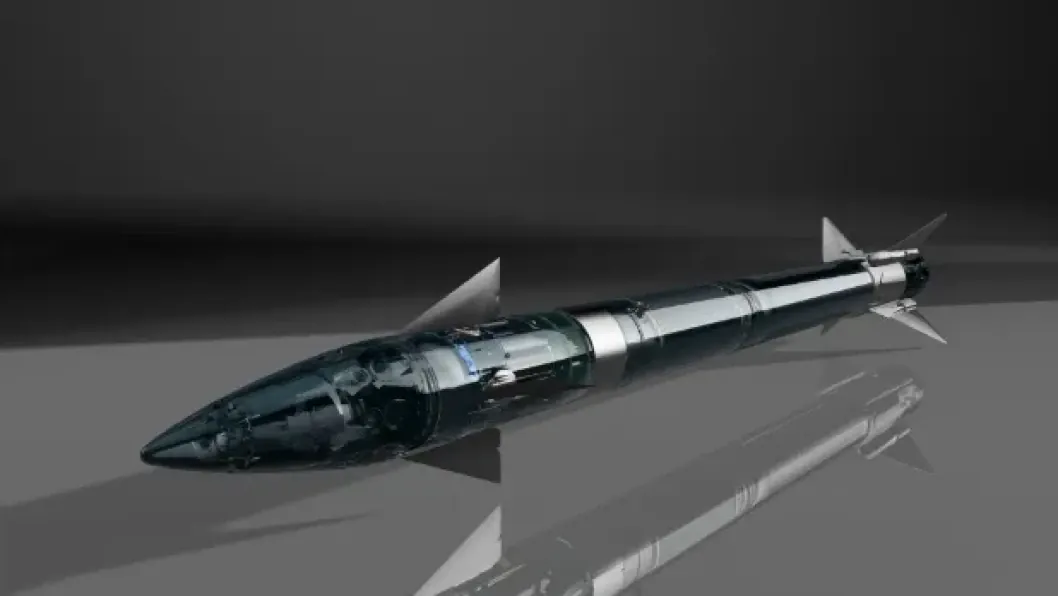
The road ahead
As European leaders continue discussions, the Coalition of the Willing could serve as a significant diplomatic and military force in shaping the outcome of the war. The extent of US involvement will likely influence the coalition’s effectiveness and credibility on the global stage. Meanwhile, Ukraine remains at the center of these negotiations, advocating for its sovereignty and security in any peace settlement.
-fca37bf6b0e73483220d55f0816978cf.jpeg)
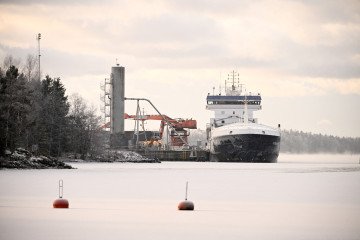
-605be766de04ba3d21b67fb76a76786a.jpg)
-2c683d1619a06f3b17d6ca7dd11ad5a1.jpg)

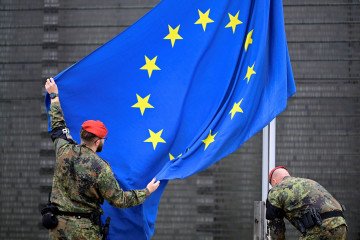
-661026077d315e894438b00c805411f4.jpg)
-46f6afa2f66d31ff3df8ea1a8f5524ec.jpg)